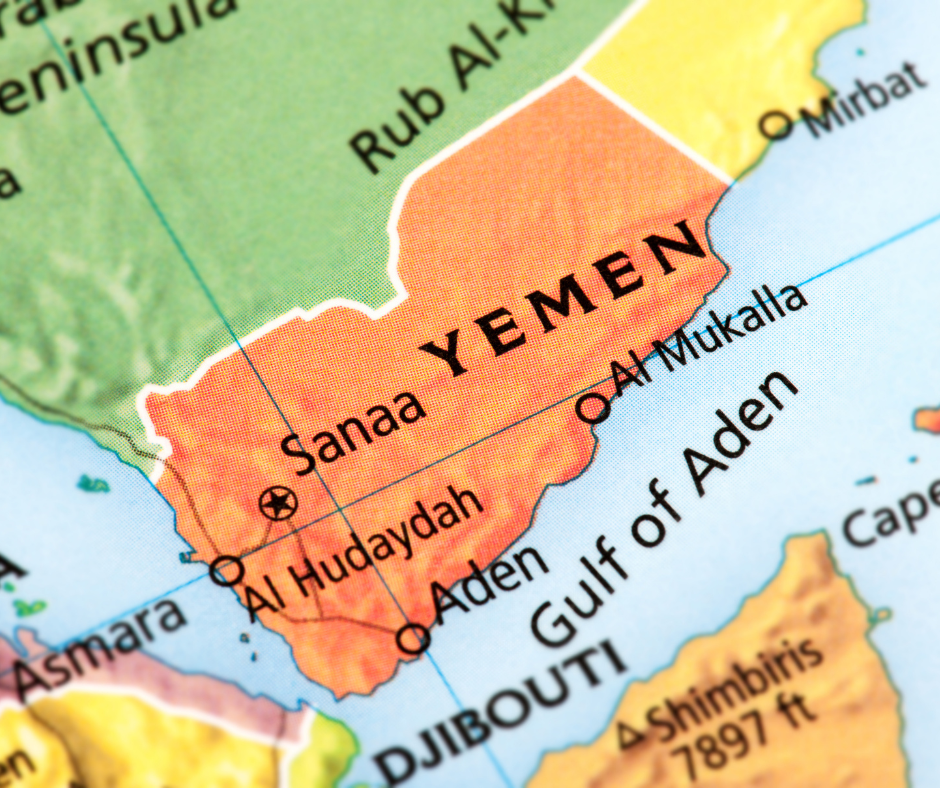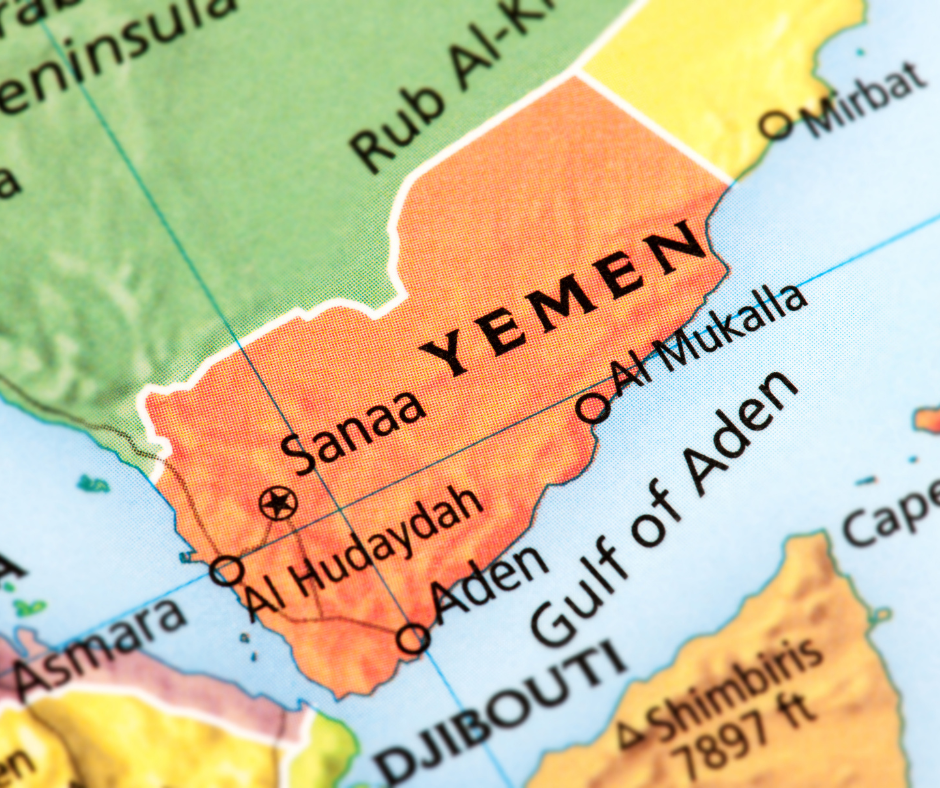
Saudi Arabia is understandably desperate to get out of Yemen. But gambling that ending Yemen’s regional war will somehow curtail its civil war is a bad bet.

In 1962, worried about Egyptian President Gamal Abdel Nasser and the republican revolutions sweeping the region, Saudi Arabia backed the royalists and the Hamid al-Din family, a Zaydi-Shia monarchy, against the republicans. Eight years later, when the civil war ended, the Hamid al-Din family was in exile, and the republicans controlled the state in Sanaa.
In 1994, still furious at then-President Ali Abdullah Saleh’s support for Iraqi dictator Saddam Hussein during the run-up to the 1990-91 Gulf War, Saudi Arabia backed the Southern socialists in their failed secession bid.
Two decades later, concerns about Iranian influence and the prospect of a Hezbollah-like group on its southern border led Saudi Arabia to launch military operations against the Houthis in Yemen. Now, eight years after Saudi Arabia went to war in Yemen, it is looking for an exit.
Since October 2022, when a United Nations-backed cease-fire expired, the Saudis have been holding unilateral talks in Oman on a permanent agreement with the Houthis, largely excluding Yemen’s U.N.-recognized government from discussions. Then, on March 10, China announced that it had brokered a deal between Saudi Arabia and Iran to restore diplomatic relations. As part of the deal, Iran pledged to stop encouraging Houthi cross-border missile attacks into Saudi Arabia and end all covert arms shipments to the group. In return, Saudi Arabia agreed to tone down rhetoric from Iran International, a Persian-language satellite channel believed to be backed by the Saudis. Iran’s mission to the U.N. said that the deal could pave the way to end the war in Yemen, an assessment that U.N. Special Envoy for Yemen Hans Grundberg echoed a few days later to the U.N. Security Council.
That is exactly what Saudi Arabia is betting on – that it can make a pair of deals and put Yemen in its rearview mirror. After all, this approach has worked for Crown Prince Mohammed bin Salman in the past. He makes a mistake and moves on, seemingly immune to the fallout left behind, whether from the Ritz-Carlton operation, the forced resignation of Lebanon’s prime minister, or even the murder of Saudi journalist Jamal Khashoggi.
Mohammed bin Salman has “ambitious economic development plans” for Saudi Arabia, ranging from Neom, Saudi Arabia’s planned futuristic city, and a new airline to translating oil wealth into political clout. But, to accomplish all this, Saudi Arabia needs a stable security environment, which helps explain why he made a deal with Iran and is talking to the Houthis.
Mohammed bin Salman also appears to believe that, in an era of “strategic competition,” Saudi Arabia can gain more from playing the United States and China against one another than it can from aligning itself with a single partner as it has in the past. Some Saudi officials also told The Wall Street Journal that Mohammed bin Salman believes this approach will “eventually pressure Washington to concede to its demands for better access to U.S. weapons and nuclear technology.”
Unfortunately for Saudi Arabia, Yemen may not prove that easy to leave.
Much like Saudi Arabia’s poor record of picking sides in Yemen’s civil wars, so too has Riyadh struggled to properly understand the current conflict. In the months before Saudi Arabia initiated military operations in Yemen in March 2015, it repeatedly told the administration of then-President Barack Obama that the war to uproot the Houthis would take “about six weeks.” Then, once Saudi Arabia made the decision to act, it relied almost exclusively on airstrikes, mistakenly believing that it could root the Houthis out of Sanaa with air power alone.
Saudi Arabia’s overly optimistic timeline and its poor strategy were the results of a misdiagnosis of the situation in Yemen. Something similar is happening now. Saudi Arabia looks at Yemen and sees a single war, when in reality there are three: the U.S.-led war against al-Qaeda and the Islamic State in Iraq and the Levant, the Saudi-Iranian regional rivalry, and the local Yemeni civil war. Each of these wars has different roots and a different trajectory. What works to end one will not work to end another.
Saudi Arabia is betting that deals with Iran and the Houthis will allow it to extricate itself from Yemen. But that is shortsighted at best. Such a deal won’t end Yemen’s underlying civil war. The Houthis aren’t about to stop fighting their rivals in Yemen, no matter what deal the group signs with Saudi Arabia. And that reality is dangerous for the kingdom, which could easily find itself sucked back into the conflict in Yemen.
What happens if Saudi Arabia withdraws its troops and air cover from Marib, and the Houthis are able to take the governorate and its oil and gas fields, which they have coveted for years? Or, what if the Houthis move south into Shabwa – another governorate with oil and gas fields – cutting off Hadramout from Aden and making an independent South Yemen a geographic impossibility? The last time that happened, in January 2022, the UAE was forced to intervene, moving some of its proxy forces into Shabwa to expel the Houthis. Will that happen again? And, if it does, will Saudi Arabia be able to remain on the sidelines?
The fighting between the Houthis and what’s left of Yemen’s U.N.-recognized government will likely continue, and perhaps even intensify, in the wake of a Saudi withdrawal. In such a scenario, particularly if the Houthis begin taking territory, Saudi Arabia may find itself pulled back into the conflict. It shares a long border with Yemen, and there is a difference between a Houthi state in the North and a unified Yemen under Houthi control.
Saudi Arabia is understandably desperate to get out of Yemen. But gambling that ending Yemen’s regional war will somehow curtail its civil war is a bad bet.
Source: AGSIW
Related Posts
Armed Group Blocks Mellitah oil Complex - Libya
An armed group forcibly closed the entrances and exits of the Mellitah Oil Industrial Complex in..
Insurers end war-risk cover for shipping across..
The move comes as a result of reinsurers exiting the region in the face of heavy financial losses...
Countering Smuggling in the Arabian Sea:..
On December 27, 2022, while patrolling the Arabian Sea, the French frigate FNS Guépratte..




